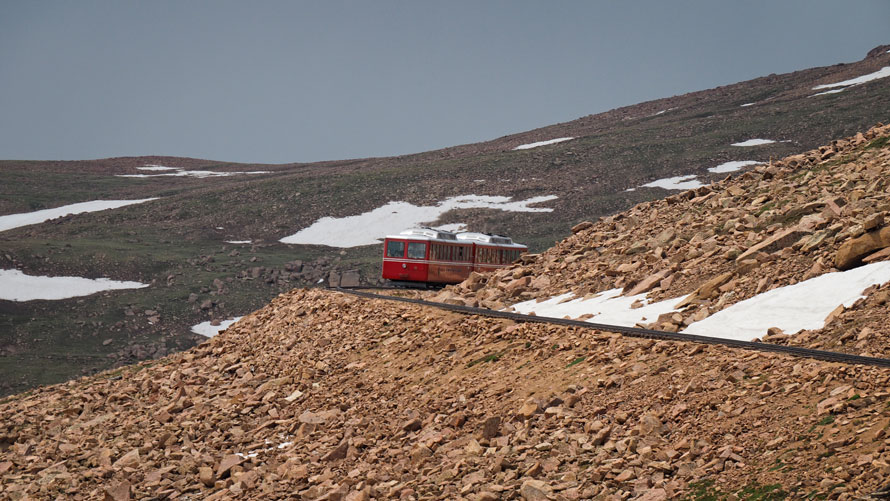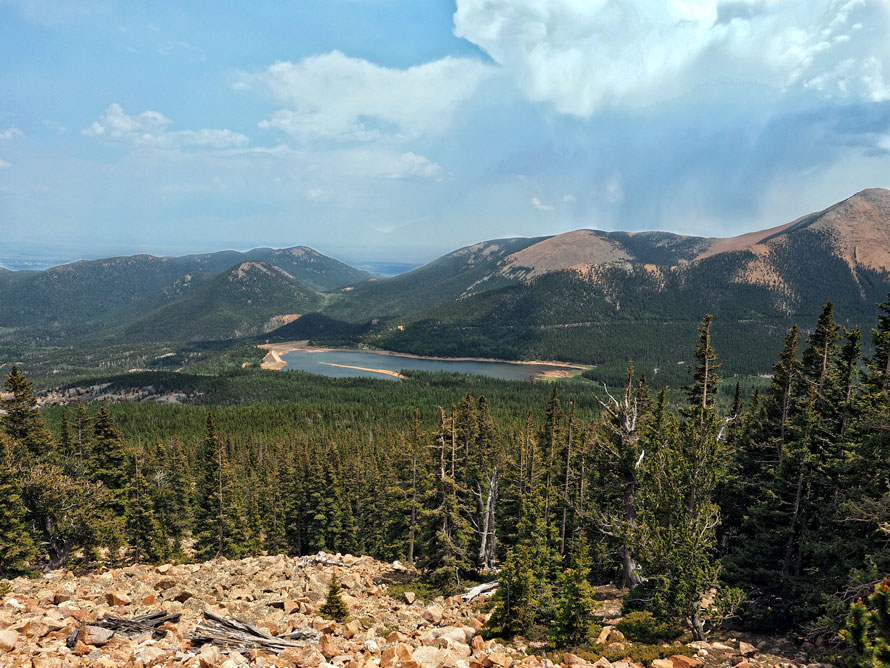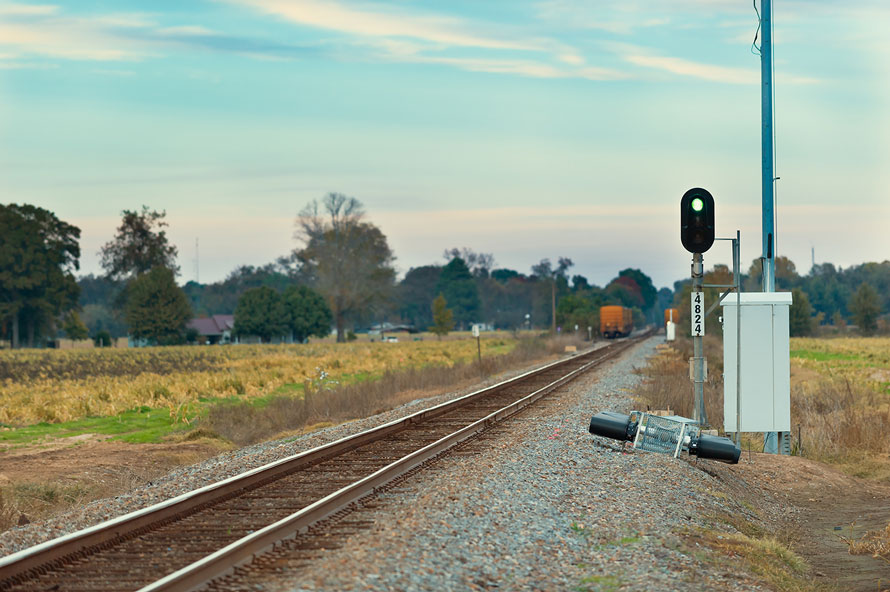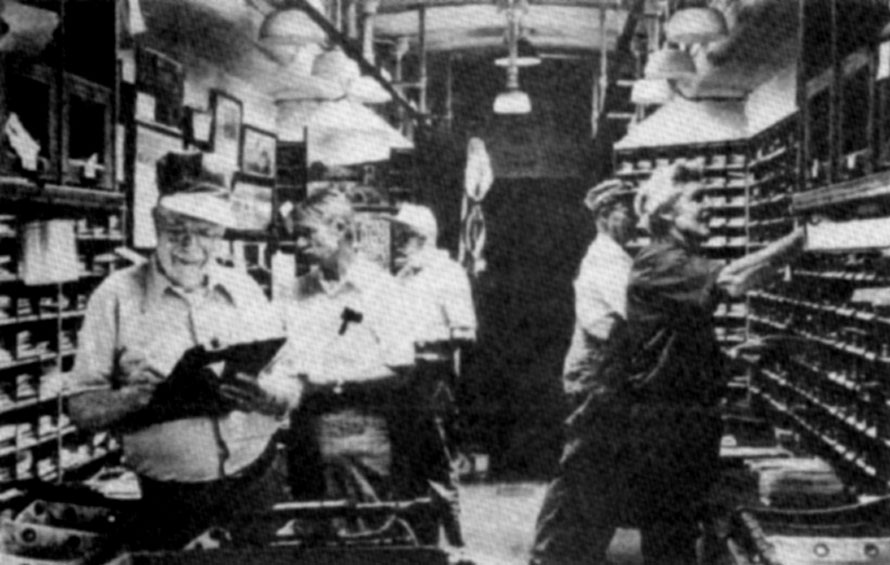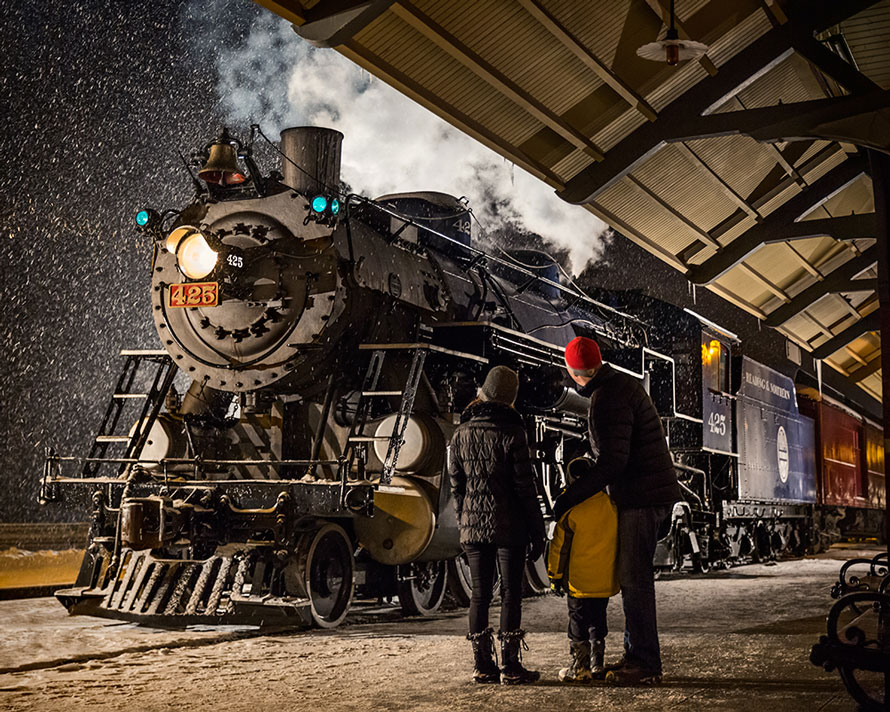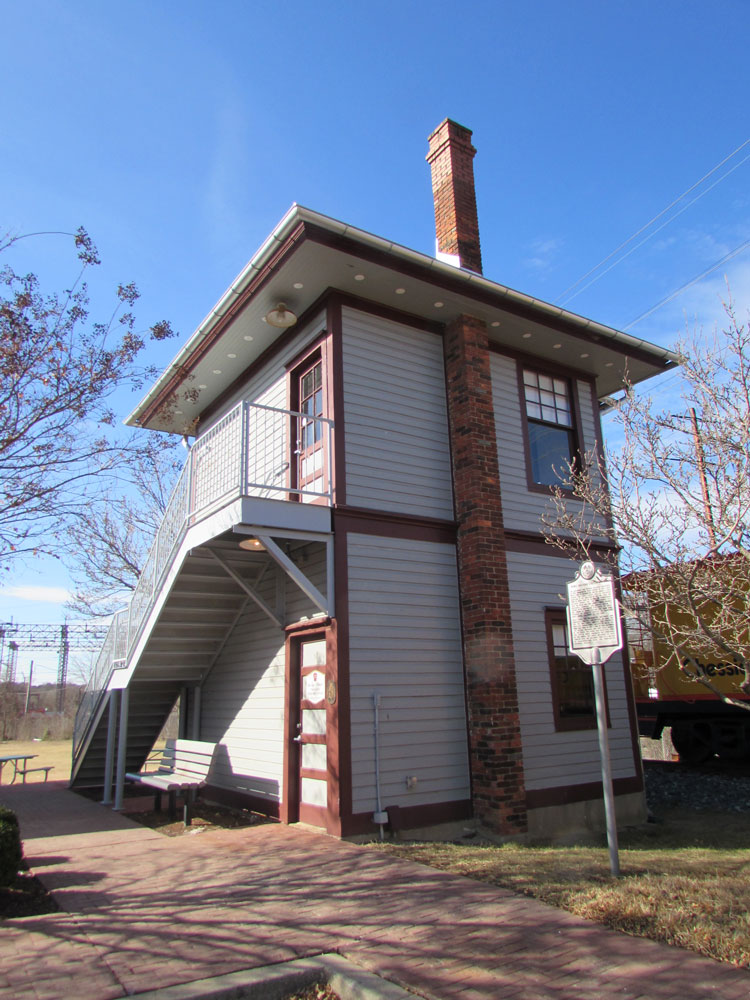
When people think about the town of Bowie, Maryland, they think of it as that town that they breeze through between Annapolis and Washington D.C. along U.S. Route 50. Most people will say that there is really nothing in Bowie but houses and a few shopping centers, and that there is really nothing particular to the town. Well, if you knew that it is the largest town in Prince George’s County, Maryland; that it is the fifth most populated town in the U.S. state of Maryland and the third largest town in land area in the state of Maryland; that it is one of the largest suburban cities of Washington D.C., the home of a race track, the Belair Mansion and Belair Stable Museums which was once a colonial plantation house plus a few other historic homes; and that it is the home of the National Radio and Television Museum which is housed in an old home, you cannot say that there is not much to the town of Bowie. It is a town that has much more than you can imagine.
